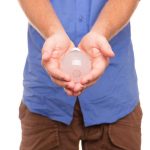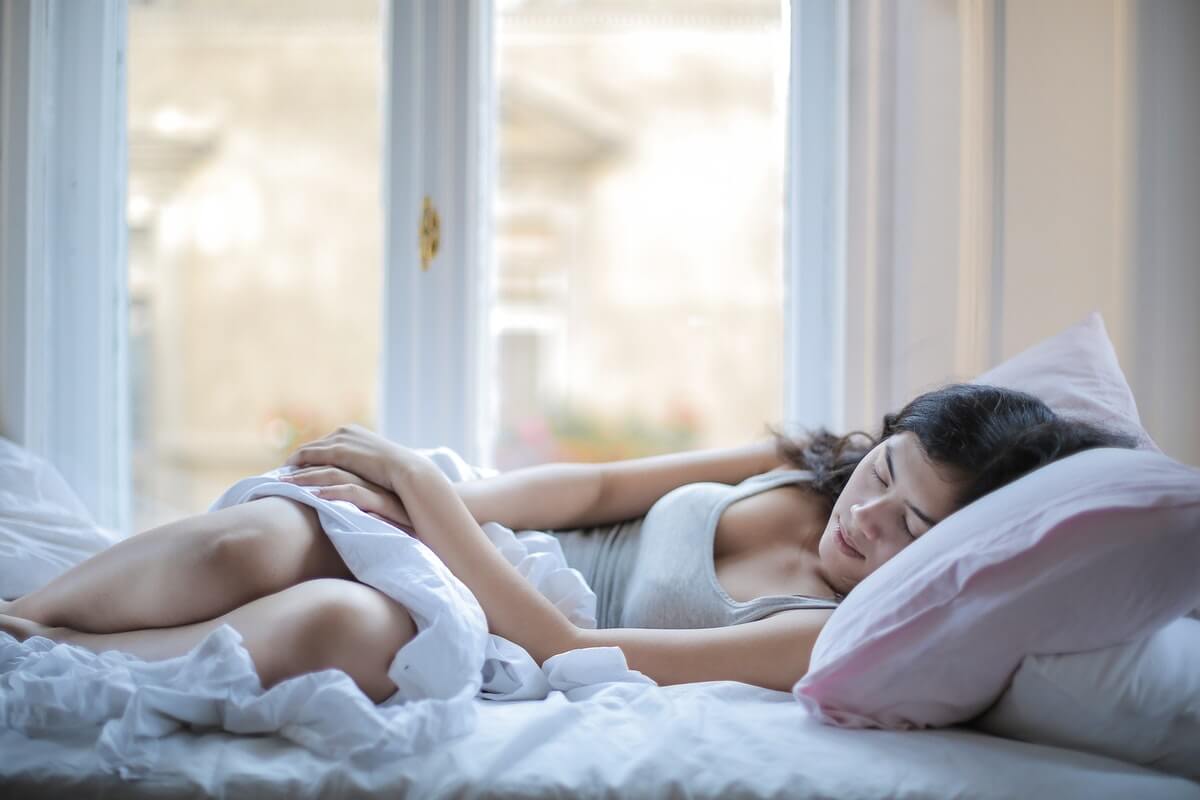Get all the other features you’ll need
According to the Centers for Disease Control and Prevention (CDC)Trusted Source, more than three-quarters of U.S. adults routinely sleep less than six hours each night. This is not good news, as the benefits of restful sleep include:
- Improved heart health and less stress.
- Improved functioning of the brain.
- Losing weight.
Stop drinking too much coffee or taking napping, and follow our top tips to get the rest you require to look after your health.
#1. Establish a routine to help you sleep
It might sound appealing, but sleeping past noon on a Saturday is likely to disturb your biological clock and cause more sleep problems. Making sure that you get to bed around the same time each evening, including weekends, holidays, as well as any the occasional day off, helps you establish your internal timer for sleep and wake and reduces the amount of twirling and tossing required to ensure a peaceful night’s rest. If you feel you might need some assistance to get a better night’s sleep more quickly, you may want to investigate something similar to these sleep aids to make the process a little simpler for you so that you can establish and keep a regular sleep schedule.
#2. Move it!
Researchers from Northwestern’s Department of Neuroscience and Physiological Sciences found that people who were previously inactive participated in aerobic training each week for 4 hours and experienced improved sleep quality. It ranged from poor to exceptional. People who were couch potatoes also experienced fewer minor depression symptoms, more energy levels, and less fatigue. Be sure to end your workout at a minimum of an hour prior to bedtime so that you’re not overly pumped to get a good night’s sleep.
#3. Change your diet
Get food and drinks that contain caffeine, such as tea or soft drinks, coffee, and chocolate, before the mid-afternoon hour. Think about making dinner your tiniest of meals and eating it a couple of hours prior to the time you’re going to sleep. Be wary of spicy or excessive meals that could leave your stomach irritable or Indigestion.
#4. Don’t smoke
A study in collaboration with the Trusted Source found that people who smoke cigarettes can make you four times more likely to not feel refreshed after a night of sleep than those who don’t. Researchers at the Johns Hopkins University School of Medicine attribute this to nicotine’s stimulant effects as well as the withdrawal after sleeping of nicotine. Smoking also can trigger breathing disorders and sleep apnea, such as asthma, which makes it hard to get the ideal sleep.
#5. Do not take part in an evening drink
Alcohol can alter the rhythm of sleep and brainwaves, which allows you to feel rejuvenated and rejuvenated in the early morning. Martinis will assist you in falling asleep; however, once the drink is gone, you’ll likely wake up and have difficulty returning to sleep, according to Mayo Clinic.
#6. Do not be a Luddite for one hour prior to time to go to bed
A National Sleep Foundation (NSF) study revealed that the majority of people were using some kind of electronic device, like a television, computer, or cellphone in the hour that was before going to sleep. This is not a wise idea. The light that these devices emit stimulates the brain, which makes it hard to fall asleep. Take your devices off at least one hour prior to bedtime to allow you to fall asleep faster, and make sure you use the most comfortable RV mattress you can rest on for a better night’s sleep.
#7. Hog the bed
It was found that the study carried out by the Mayo Clinic’s Dr. John Shepard found that 53 percent of pet owners with pets as companions experience sleeping disturbances every night. Additionally, over 80 percent of those with children in their beds are unable to get a restful sleep. Children and dogs are among the bed-hogs with the highest understanding and are among the most sleep-deprived. Every person deserves their own sleeping space, so make sure to make sure that pets and children are kept out of your bedroom.
#8. Make sure to maintain cool temperatures to avoid the hot, humid
Eighty degrees is the ideal temperature to be enjoying the ocean. But it’s not the best choice to sleep in a bedroom at night. A cool room is more suitable for sleep than an ocean-facing one. It is suggested that you sleep in a room with a cool temperature. NSF recommends that you keep your room at a temperature of 65 degrees F. Achieving a balance between the temp of your thermostat as well as the cover that you use to sleep in, and the clothing you wear to bed can help reduce your body’s temperature and enable you to go to sleep quicker and more deeply.
#9. Black it out
The light signals in your mind that it’s time for you to get up. Therefore, you should ensure your bedroom is as dark as it is for you to go to sleep. But even a small amount of light coming from your computer or mobile phone can disrupt your body’s production of melatonin (a hormone that regulates sleep) and can also disrupt general sleep.
#10. You are able to use your bed to sleep in it for a limited time
Your mattress is designed to sleep, not for eating or watching TV. If you are awake in the evening, you should not turn off your TV or computer, and instead take a break by taking a break or reading till you are exhausted.
Also Read: 7 Ways to Motivate Yourself When Life is Putting You Down
Sleep is a wonderful thing. If you’re worried that there’s not enough sleep or don’t get sufficient sleep, making these little adjustments could lead to more comfortable sleeping.









